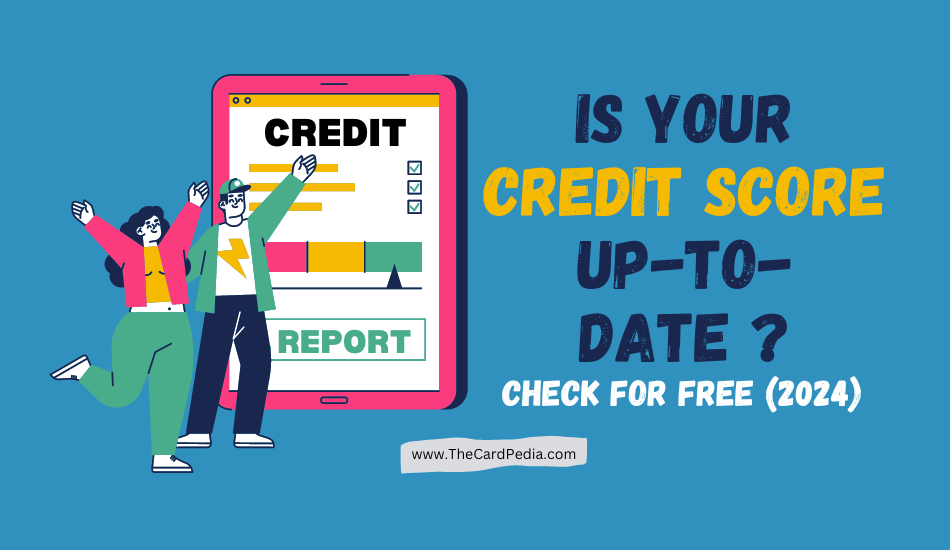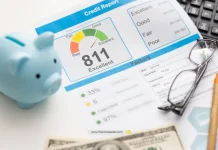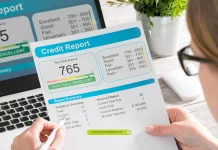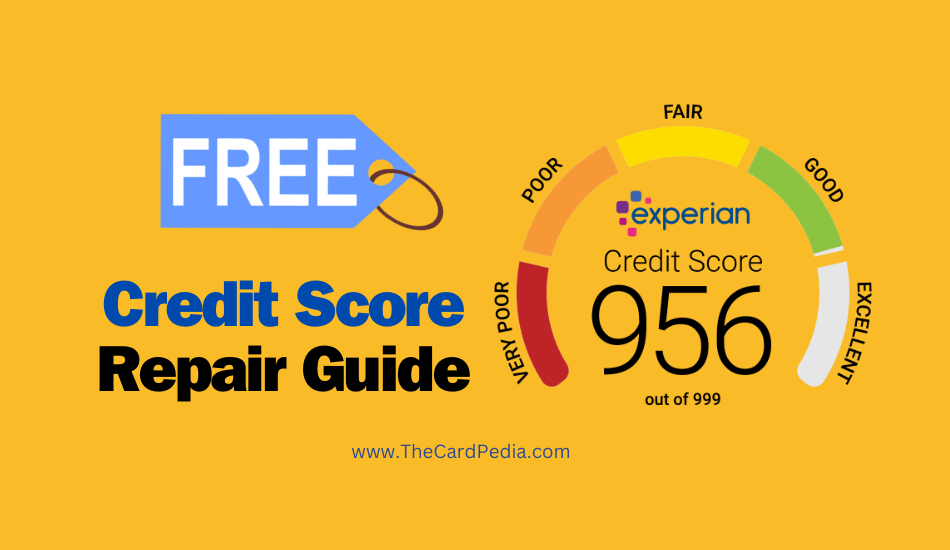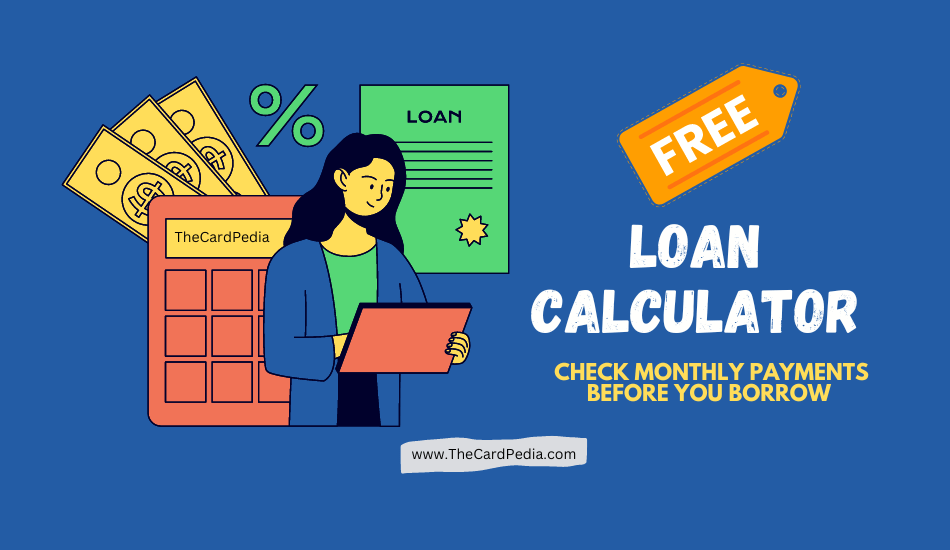Improve Your Credit Score is crucial if you want to get better loan options. A high credit score helps you qualify for lower interest rates, better credit terms, and more favorable conditions when applying for a personal loan, mortgage, or even a credit card.
By focusing on paying your bills on time, reducing your credit utilization ratio, and avoiding too many new credit card applications, you can save money on interest and improve your financial health.
If your score is lower than you’d like, don’t worry—there are simple ways to fix it and get better loan terms in the future.
Best Strategies on how to Improve your Credit Score for a better credit score

Check your credit report for errors
The first step to improving your credit score is to know where you stand. Get a copy of your credit report from the three major credit bureaus.
- Equifax,
- Experian and
- TransUnion
You can request a free annual credit report at annual credit report.com.
Once you receive your report, review it carefully for errors or inconsistencies. Inaccurate information, such as incorrect amounts on your account, late payments on time or accounts that are not yours, can cause your score to Down. Dispute any inaccuracies directly with the credit bureaus, which can quickly result in a Boost your credit score Fast.
Paying off existing debt
One of the most important aspects of your credit score is your credit utilization ratio, which is the amount of credit you are currently using relative to your total available credit.
Ideally, you should aim to keep your credit utilization below 30%. If you’re spending more than that, it’s time to focus on paying off your current debt.
- Snowball Method: While making minimum payments on other debts, pay off the smallest balance first.
- The Avalanche Method: Focus on paying off the highest-interest debt before keeping a minimum payment on other bills.
Both methods will help lower your credit utilization ratio and improve your credit score over time.
Check it out these 4 Powerful Strategies to Pay Off Credit Card Debt Faster & Save Money, which help you to Improve Your Credit Score.
Make all payments on time
Your payment history is the most important factor in determining your credit score, accounting for about 35% of your total score. Late or missed payments can significantly lower your score, so it’s important to pay everything on time, whether it’s credit cards, loans, or utility bills.
To make sure you never miss a payment:
- Set up payments.
- Use payment reminders on your phone or email.
- Plan your payments in advance to avoid delays.
Even if you can only afford a small amount, it is better to do so than to lose all the money. Consistent on-time payments will gradually improve your credit score.
Reduce your credit card balance
If your credit card balance is high, lowering it can significantly improve your credit utilization and improve your score. Even if you can’t pay off your credit card in full, reducing your balance will have a positive impact.
Consider transferring some of your balance to a 0% APR transfer card to lower your interest rate, or focus on paying off cards with higher interest rates.
When your balance decreases, your credit utilization will decrease, which will improve your credit score.
Don’t apply for new credit too often
Every time you apply for a new credit card or loan, the lender takes a closer look at your credit report.
While one major investigation may only deduct a few points from your score, multiple investigations in a short period of time can have far-reaching negative consequences.
If you’re thinking about applying for a mortgage or personal loan, avoid applying for a new credit card or loan at least six months in advance. Keeping your number of hard inquiries low will help protect your credit score and ensure you’re in the best possible position for loan approval and favorable terms.
Flex your loan
Your credit score—the various types of debt you have, such as credit cards, auto loans, and mortgages—account for about 10% of your credit score. Lenders like to see that you can easily handle different types of credit.
If you have credit cards, consider adding an installment loan to your credit score, such as a car loan, personal loan or mortgage.
Keep old accounts open
The length of your credit history accounts for 15% of your total credit score. Closing old credit card accounts, especially those you’ve had for a long time, can reduce your credit history and lower your score.
If you have old accounts that you’re not using, it’s a good idea to keep them open, especially if there’s no annual fee. The older your accounts are, the better they are for your credit history. Keeping these accounts open will help keep your credit in check and support a high credit score.
Get a credit card or builder’s loan
If you have a low credit score, or if you’re just starting to build credit, there may be a problem in getting the credit card or loan.
In this case, you can apply for Secured credit card or credit builder loan, which are specifically design for low credit score holder.
- Secured credit card: If you have a secured card, you will need to provide cash as collateral. As you make your Credit card payments on time, Secured credit cards send report to the credit bureaus, which helps you build your credit.
- Credit Builder Loan: This type of loan is tailored specifically to help individuals build their credit. The loan amount is kept in a bank account while you make periodic payments. After you repay the loan, you will have access to the money and your good payment history will be reported to the credit bureaus.
All of this helps to improve your bottom line, especially if you are starting on a small scale.
Be patient and persistent
Getting good credit takes time, but patience and consistency will pay off. By making timely payments, reducing your credit utilization and avoiding unnecessary new loans, you will gradually improve your credit score.
Also, check your credit report regularly to make sure that your progress is clear and that you catch any potential problems early. As your credit improves, you’ll be eligible for better credit scores, lower interest rates, and better loans.
Bottom Line
Improving your credit score is one of the best financial investments you can make. By focusing on making on-time payments, paying off existing debt, avoiding unnecessary new loan applications, and managing your credit well, you can significantly improve your score over time. As your credit score increases, you’ll open the door to better credit, lower interest rates, and more flexibility in spending.
Now is the time to take action. Start by reviewing your credit report, fixing any errors, and creating a plan to pay off your debt. The steps you take today will improve your credit score and quality in the future.
At TheCardPedia.com, we’re your trusted guide to mastering credit cards. Explore expert insights, trends, and tips to make savvy financial choices. Start your journey to financial empowerment now!





